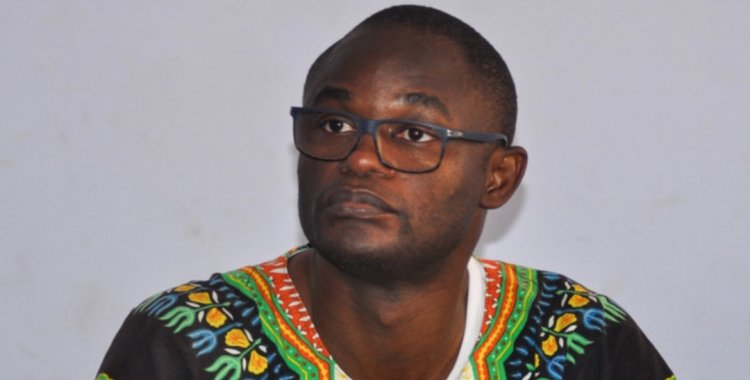"Yes, I feel rested", he replied to Lusa about whether he felt rested with the 'day after' of the electoral consultation.
"I think that Angola is already mature. On the day after the elections, the situation will remain calm. There is always, there is no need to hide the discontent (of those who) did not win (the results) did not correspond to expectations, but the Angolan population, overall, it's mature," he said.
However, he acknowledged that there will be contestations: "Now one thing is certain. Pressure groups, activists, let's say, they have all that facility, taking into account the nucleus of contacts or network of contacts they have and making a demonstration This is normal. Even this is a sign of the growth of democracy. This is my reading, not only as a citizen. It is more as an observer of society, where I am inserted".
Patrício Batsikama presents on Sunday, in Lisbon, his book "Despoder em Angola", a work that, he said, intends to "celebrate 20 years of peace in Angola".
"I intend to address four aspects. The first is the idea of living with difference; the second is the construction of democracy within values, not only the values that democracy brings, but above all our traditional and fundamental values; the third is to Angolans never again choose violence to solve their problems; and the last one, this work was built in two phases, in which the first was my classes, seminar, PhD and master's" and (the second) the historical context of the exercise of power.
Patrício Batsikama intends to present his personal reading on the exercise of power in the past and the present.
"I bring this reading on the basis of what happened in the past. It is to rethink our society, foster dialogue on difference and build society within values away from violence. That is the purpose of launching the book", he explained.
A professor at the Instituto Superior Politécnico Tocoísta (ISPT), where he also serves as coordinator of the Center for Applied Scientific Research and Study (CEICA), Patrício Batsikama seeks to define in the book "what is power, what is dispower".
"We have Angola destroyed by war for so many years and it is a call to Angolans, never to look at war as an option again. No, never again to look at violence as an option in the construction of nations", he stressed.
Regarding the elections in August, Patrício Batsikama made use of a field research work that he has been carrying out since 2019 and which was updated in February.
The investigation involved 12 provinces (Luanda, Uíge, Zaire, Malanje, Moxico, Huambo, Bié, Benguela, Cunene, Huíla, Cuanza Sul and Bengo) and allows, interpreting the statistical data from 19,808 interviews, to say that the Popular Movement of Liberation of Angola (MPLA), the ruling party, is expected to obtain 58.79 percent, the sum of the opposition, which includes the National Union for the Total Independence of Angola (UNITA), 30.18 percent and an abstention of 10.97 percent.
The type of sample performed, 'cluster', never reaches 100 percent, Patrício Batsikama explained to Lusa.
"In conversations during the last two weeks of February 2022, social despair, political saturation and secularization of the sacred were noted. the reason that social despair is not reflected, at least in statistical terms, to the failure of the MPLA", he questioned, in the conclusions of the investigation.
According to the findings of the investigation, to which the Lusa agency had access, 59.2 percent of respondents claim more jobs, criticize the exclusion of opportunities and defend the alleviation of the costs of the basic food basket.
"The people want long-term employment as a guarantee of social hope", summarized in the work in which it was also considered that "democratizing Angola is a rhetoric of the opposition that is absorbed here by the urban, peri-urban and peripheral masses".







